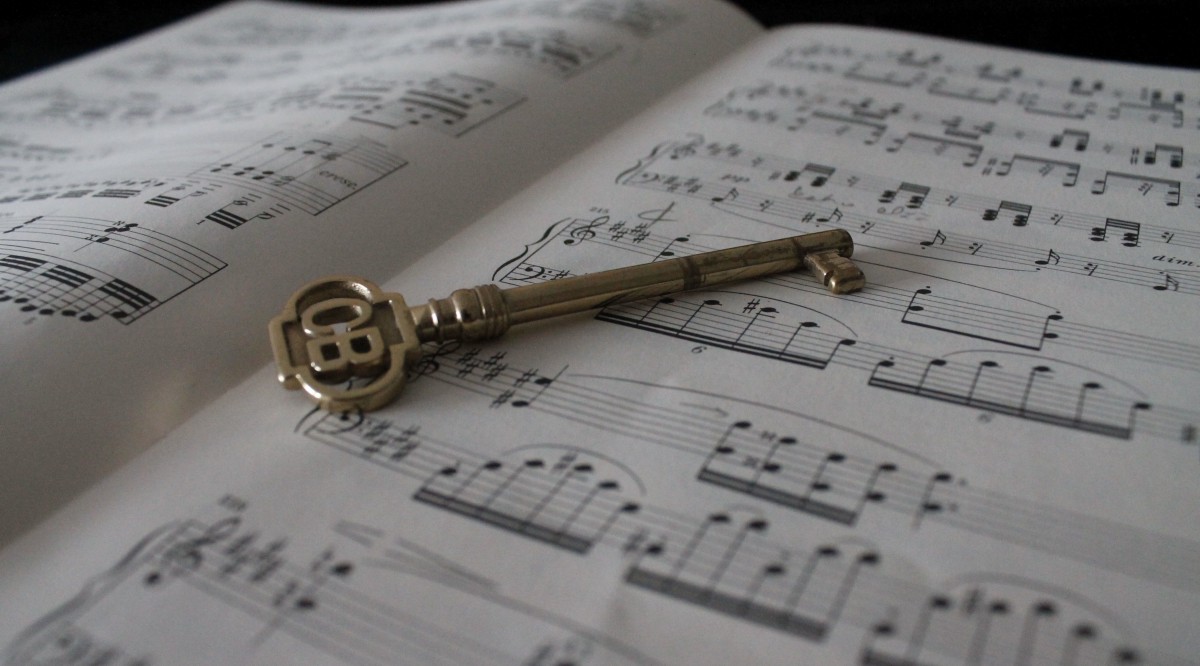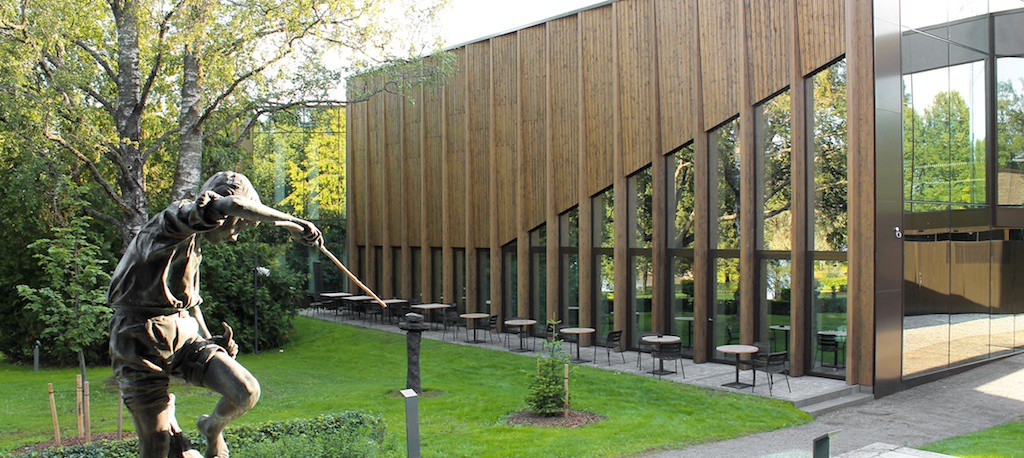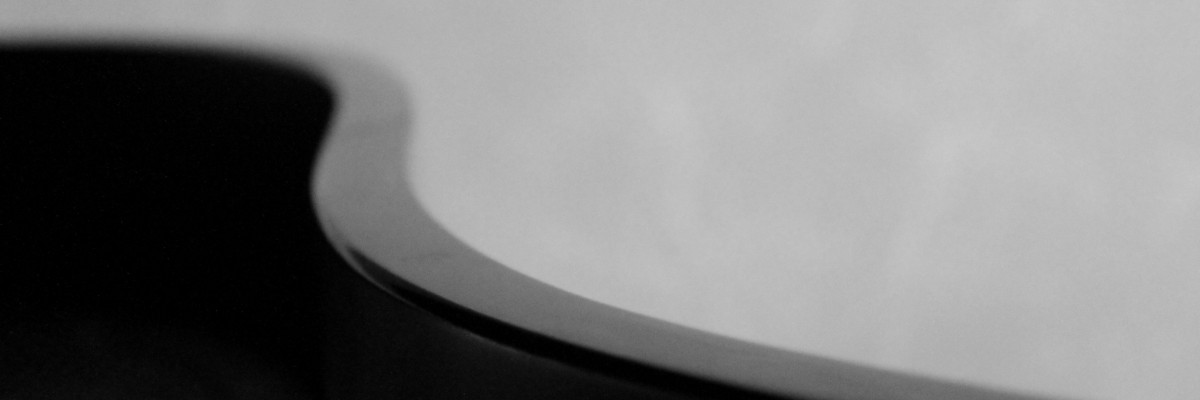Will new technology revolutionize ear training and music theory studies?
Good aural skills are at the core of musicianship. A pianist needs a good ear not only for intervals but also for polyphony and harmony.
Pianists with secure and fast aural perception are known to learn faster and perform more solidly, fluently, with more natural flow, with fewer memory lapses, and with greater spontaneity than other pianists. In piano playing, security brings freedom.
A sharp ear results from many years’ practice, and the younger that one starts training, the better. That’s why I would advise my younger readers to steal 15 minutes daily even from the etude-practice-session in favor of ear training. It surely will pay off, and the etude-playing will most likely benefit, too.
Continue Reading






